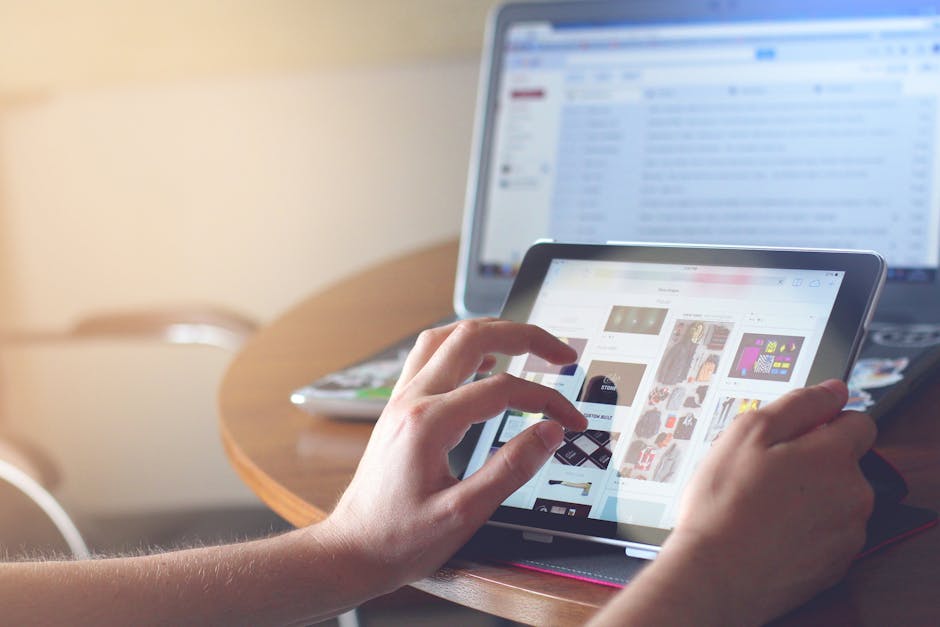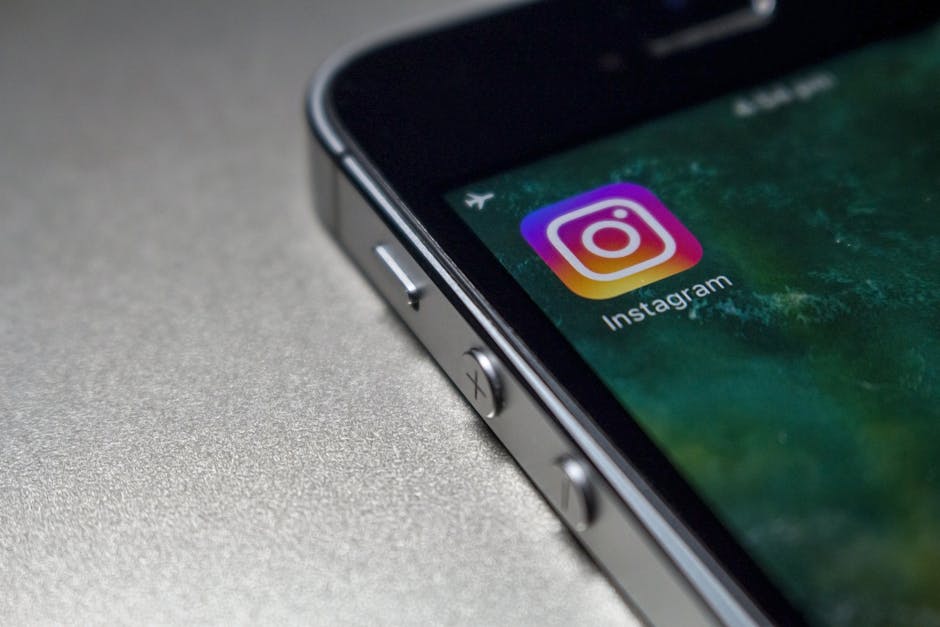New research has revealed that four of the five most popular social media sites are actually harmful to young people's mental health.
The research involved a survey of 1,500 14- to 24-year-olds, and found that Instagram has the most negative impact on young people’s mental health.
The two health groups that organised the studies have accused Instagram of deepening young people’s feelings of inadequacy and anxiety.
The survey, which was published this morning, also found that Snapchat, Facebook and Twitter were also harmful to mental health - with YouTube being the only social media platform to have a positive impact.
The four sites were deemed to have a negative effect on young people because they can enhance their body image worries, and worsen bullying, sleep problems and any sort of feelings of anxiety, depression and loneliness.

Shirley Cramer, CEO of the Royal Society for Public Health, who conducted the studies, said: “It’s interesting to see Instagram and Snapchat ranking as the worst for mental health and wellbeing.
"Both platforms are very image-focused, and it appears that they may be driving feelings of inadequacy and anxiety in young people," she said.
Sheila spoke about the need for change with regards to social media and wellness in young people, stating that we need “to make social media less of a wild west when it comes to young people’s mental health and wellbeing”.
The young people who were surveyed were asked to rate various platforms from one to five, based on different criteria of health and well-being, such as their sleeping patterns, anxiety and depression, loneliness, self-esteem, bullying and body image.

Instagram, unsurprisingly, emerged as the most detrimental site to young people, scoring particularly high in seven of the 14 criteria; particularly its impact on sleep, body image and fear of missing out.
Despite having a negative impact on sleep, YouTube scored quite well on nine out of the 14 platforms, making it the least harmful to the mental health of our youngsters,
However, while these findings are quite interesting, Professor Simon Wessely - who is the President of the Royal College of Psychiatrists - said: “I am sure that social media plays a role in unhappiness, but it has as many benefits as it does negatives.
"We need to teach children how to cope with all aspects of social media – good and bad – to prepare them for an increasingly digitised world. There is real danger in blaming the medium for the message.”
We actually really like that approach to the issue - Facebook or Instagram are not to blame, it is an education thing. Social media does not need to have negative effects if we simply teach our kiddos how to use it positively.




